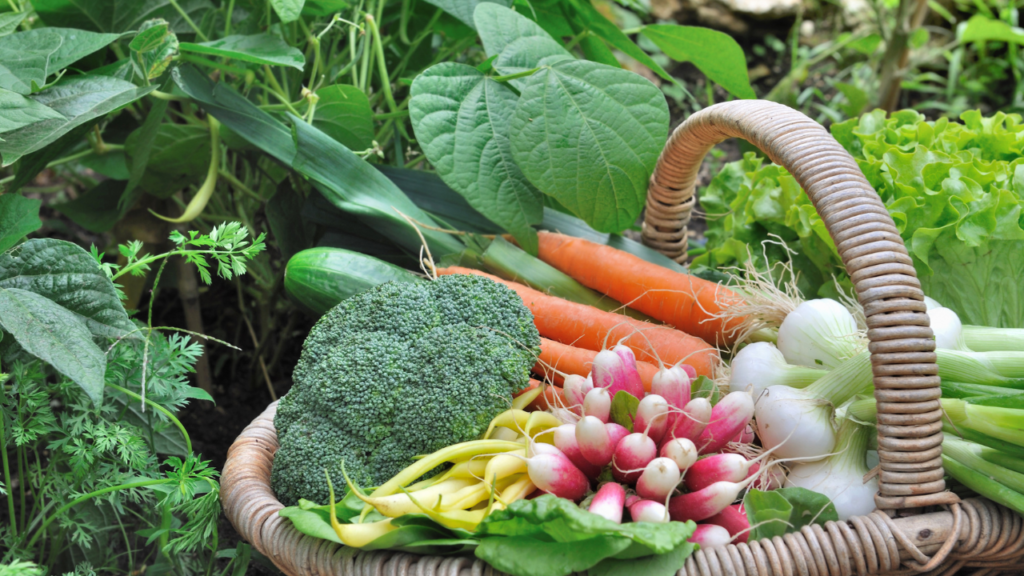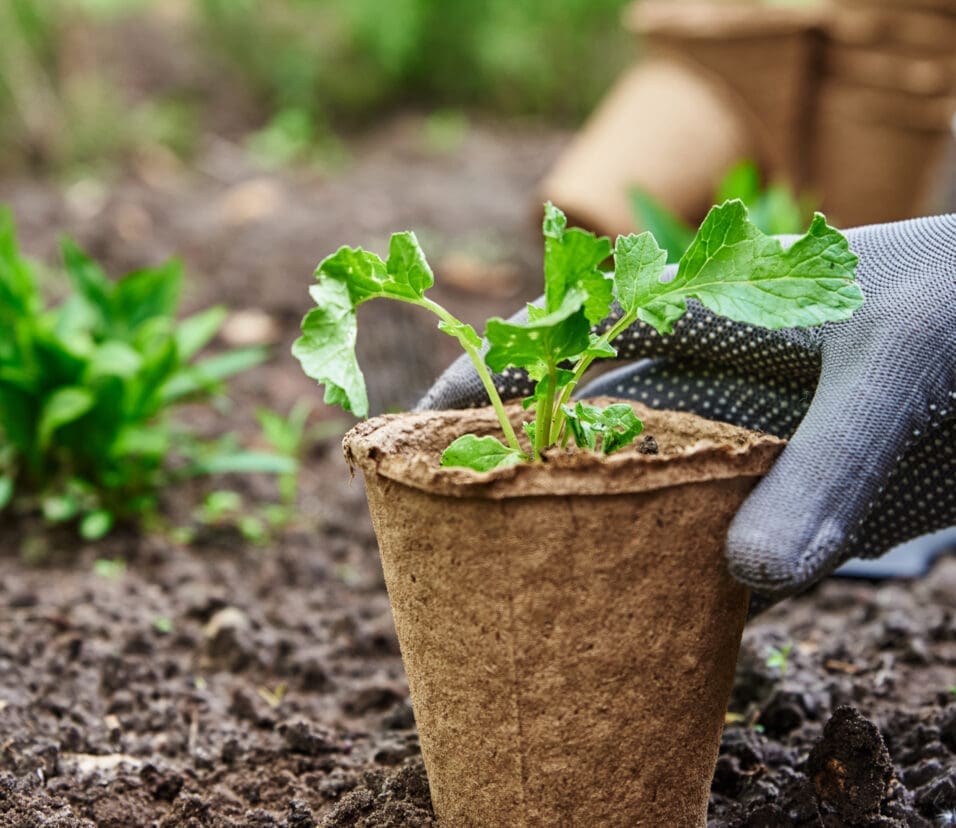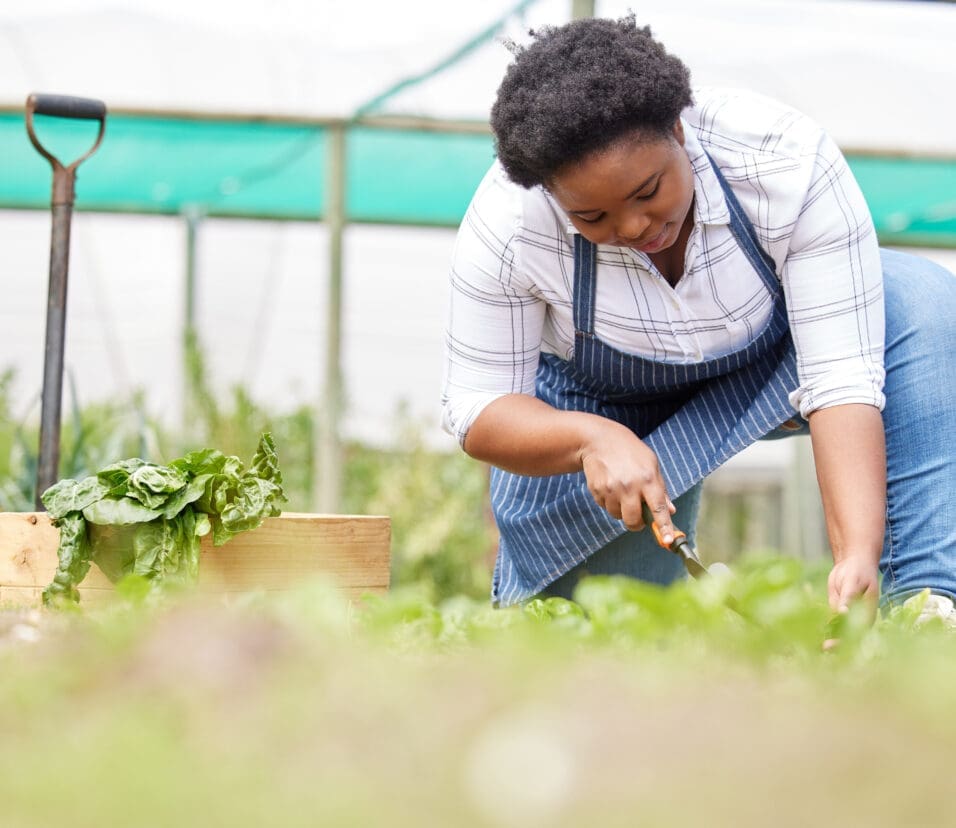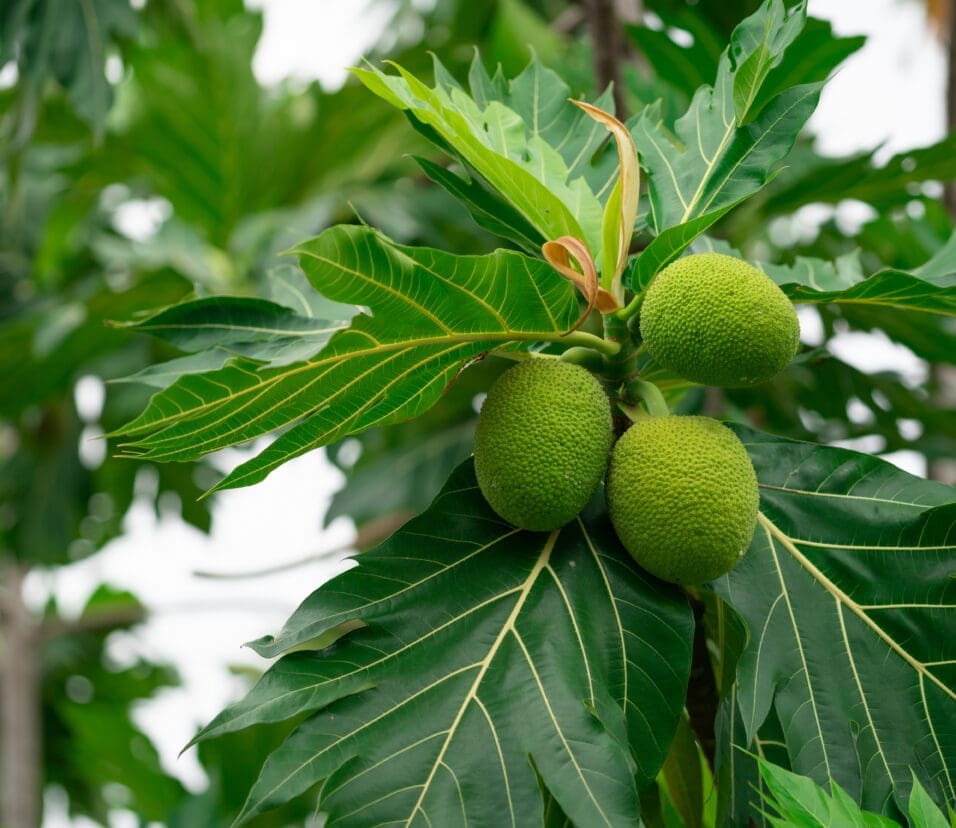A Roadmap for Agri Production in 2023
Agriculture is a vital industry, and becoming an agri-producer can be a rewarding career path. With the right preparation and guidance, you can start your own agri-production business in the upcoming new year, 2023. So, where do you start? Let’s break down the steps:
Step 1: Choose Your Specialisation
With so many different specialties available in the field of agri-production, it’s important that you do your research before committing to a specific one. Consider your skillset(s), interests, experiences and goals when making this decision; as each specialty has its own unique set of requirements that you should evaluate against your own abilities. Here are some common specialties within agri-production that may be worth exploring further if they match up with your skill set:
- Organic farming: This specialty focuses on growing crops without using synthetic fertilisers or pesticides. Organic farmers must be knowledgeable about soil fertility management techniques, as well as organic pest control methods such as crop rotation or companion planting.
- Sustainable agriculture: Sustainable agriculture is focused on preserving natural resources while still producing quality food products through environmentally friendly methods, such as minimal tillage or integrated pest management systems. Sustainable farmers must be familiar with techniques such as composting and cover cropping that promote healthy soils over time, while still providing high yields of produce each season.
- Hydroponic farming: This specialty utilises hydroponics (the use of nutrient solutions rather than soil) to grow plants indoors or outdoors in controlled environments like greenhouses or tunnels. Hydroponic farmers must have knowledge about water chemistry and plant nutrition, as well as light requirements for various crops grown this way.

Aquaculture: Aquaculture focuses on raising fish in tanks or pens, either on land or out at sea, for commercial purposes such as food production or stocking ponds for recreational fishing purposes. Aquaculturists must understand fish species selection criteria as well as water quality parameters including temperature, oxygen levels and pH balance that affect fish health and growth rates in captivity over time.
Be mindful of choosing the specialty which best aligns with your skillset, interests and goals first and foremost! By taking the time now to do your research into different specialties within agri-production, as well as their associated requirements, you will ensure that you have successfully chosen a rewarding career path for 2023.
“Cultivators are the most valuable citizens….they are tied to their country.”Thomas Jefferson
Step 2: Acquire the Necessary Skills and Education
To be successful, you need to understand the principles of farm management. Depending on your chosen area and the level of production you aspire to, knowledge of animal husbandry, crop production, soil science, agricultural economics, marketing strategies, financial planning, legal requirements, etc. may also be required. As needed, you may also need to understand the technology used in the farming industry such as GPS guidance systems, remote sensing technologies, and data analysis software.
You can gain these essential skills through formal education such as college courses or vocational schools. There are also hands-on training opportunities available through apprenticeships or internships with experienced farmers or agricultural businesses. Alternatively, if you already own a farm or are employed by an agricultural business, this experience can count towards your qualifications for being an agri-producer.
Step 3: Develop Your Business Plan
Once you have decided which areas of agriculture interest you most, it’s time to develop a business plan for achieving your goals as an agri-producer. Start by researching existing businesses that are similar to what you want to do and consider using their models as inspiration for creating your own business plan. Your plan should include factors such as market research, financials, marketing strategies, operations planning and more.
Step 4: Get Licenced or Certified
Depending on the type of agri-production business that you plan on starting, there may be certain licensing or certification requirements that must be met before beginning operations. These requirements vary depending on location and type of business, so make sure that all necessary licences are obtained before launch. Additionally, look into any local regulations or laws regarding agricultural production that may impact how your business operates.
Step 5: Build Your Professional Network
Having strong professional relationships is essential when it comes to succeeding at any job, and this is also true for agri-producers! Once you have obtained your certification(s), it’s important that you begin building your professional network by attending conferences related to agriculture or joining professional organisations. This will help you stay informed on current trends within the industry while making valuable connections with other professionals who may be able to provide advice or even job opportunities in the future. Additionally, networking will allow potential employers or investors to see that you are serious about becoming an agri-producer! Joining your local agricultural agencies can also reap much benefits.
“We inform, facilitate and develop Barbadian crop and livestock production, food innovation, processing and marketing opportunities for local agripreneurs and food enterprises” BADMC (Barbados Agricultural Development and Marketing Corporation)
Step 6: Find Funding Sources
Starting any new business requires capital investment, and agricultural production is no exception! Look into grants or loans specifically designed for agricultural businesses or small businesses in general, if funding options are limited due to lack of capital resources or personal credit history issues. Additionally, some local governments offer tax incentives for investing in specific types of farming enterprises, therefore, be sure to check with them if applicable. Also available for financial assistance are Angel Investors, Crowdfunding and more. Be sure to carefully weigh your options by choosing your best source of financial aid.

With dedication and hard work, it’s possible to begin your journey as an agri-producer in 2023! With careful planning and good execution skills – becoming an agri-producer can indeed be well within reach. By following the above steps, you can set yourself up for success in this industry within a few years from now!
May the New Year bring you Success and Prosperity in Abundance!







